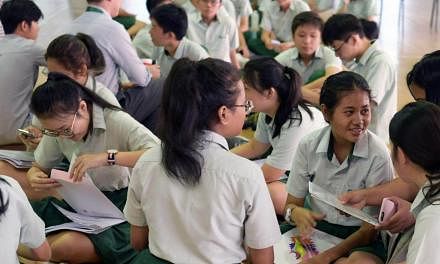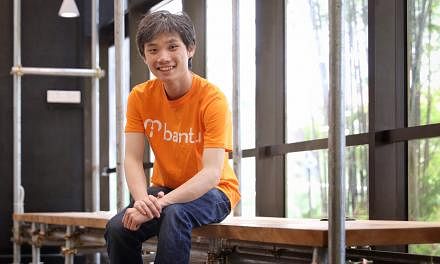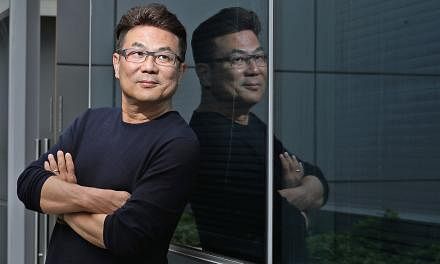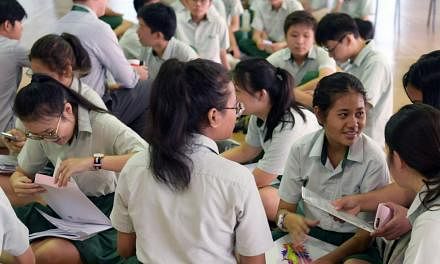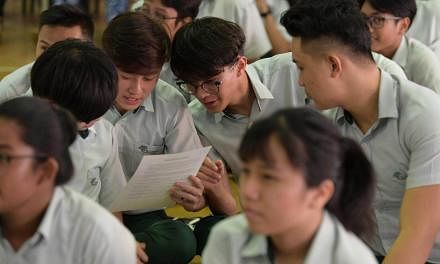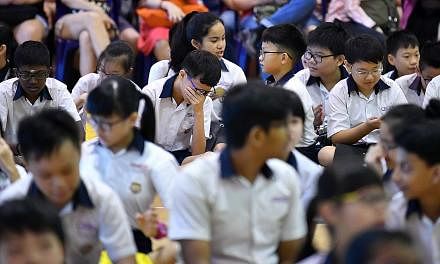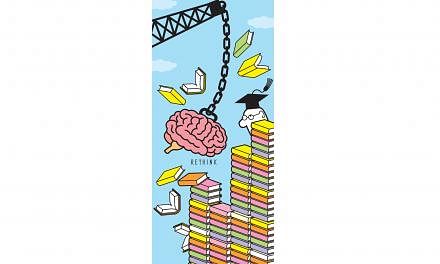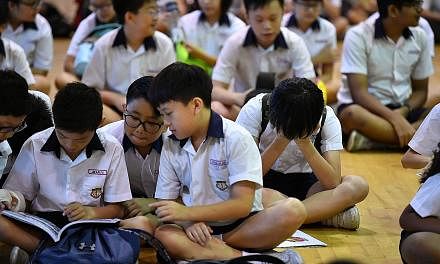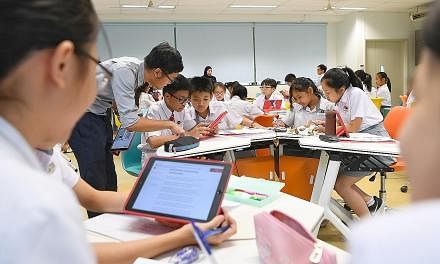SINGAPORE - The Ministry of Education (MOE) has announced that it will do away with the Normal (Technical), Normal (Academic) and Express streams by 2024.
Full subject-based banding, in which students will take up subjects at higher or lower levels based on their strengths, will be progressively applied to all secondary schools, Education Minister Ong Ye Kung said in Parliament on Tuesday (March 5).
The Straits Times senior education correspondent Sandra Davie said that streaming does not encourage a "growth mindset" in students, among other effects.
She said: "First of all, there's this self-fulfilling prophecy for kids. If you tell a kid that they are only able to learn a subject up to a certain level, and that they are not so academically inclined, the child begins to believe in that.
"It doesn't encourage the growth mindset as opposed to a limited mindset when it comes to learning," she added. "It affects their confidence and self esteem as well."
Another reason why doing away with streaming is a good move is its ability to effect change on teachers and not just students, said Ms Davie.
"Teachers' expectations are powerful, it can actually affect a child's IQ levels," said Ms Davie, citing a study by Harvard psychologist Robert Rosenthal in the 1960s.
The study found that a group of students who were randomly selected to be labelled as having a potential for a growth spurt in learning, actually had gains in IQ due to the teachers' differential behaviour towards them, such as asking them more questions and paying more attention to them.



